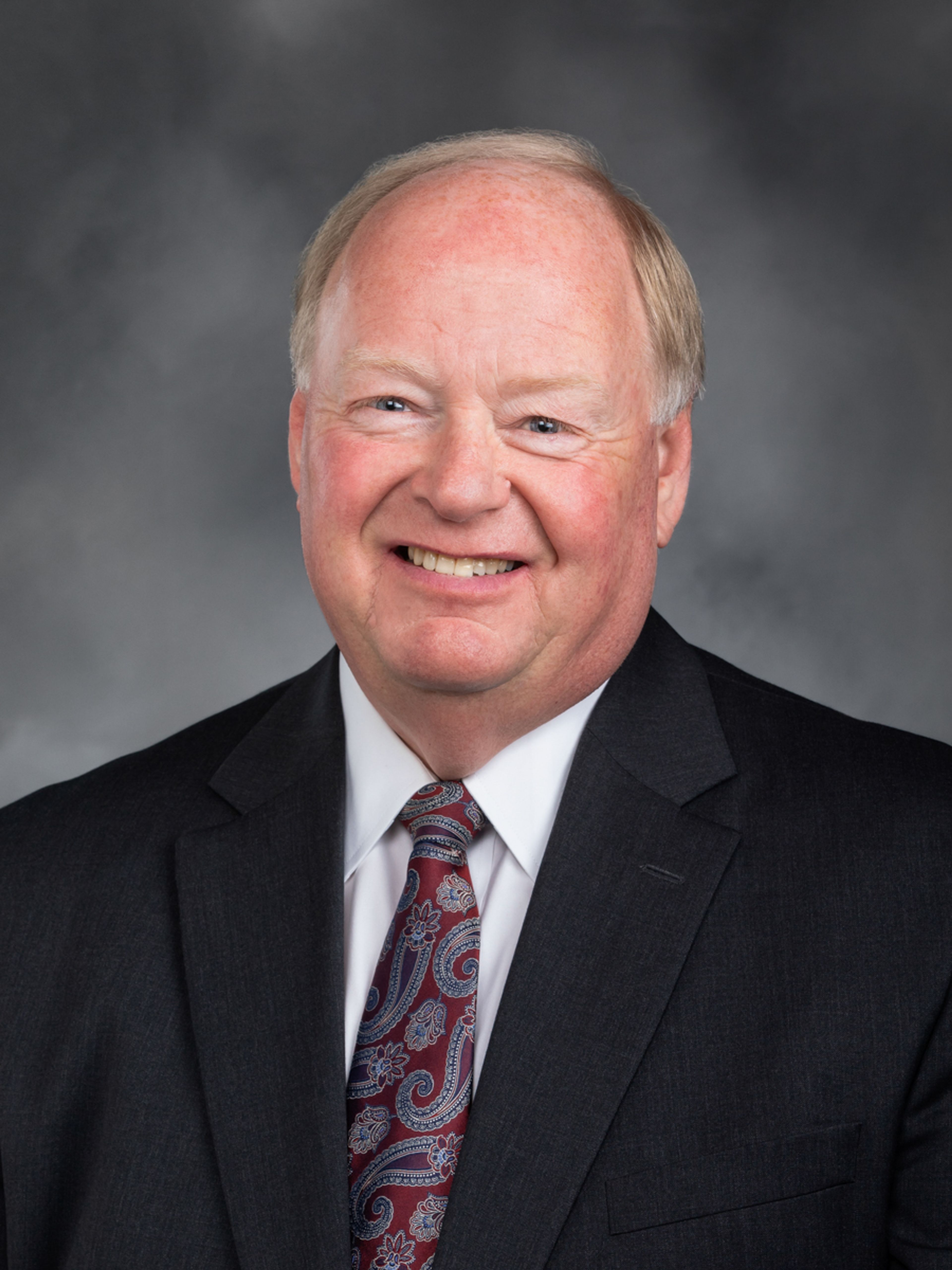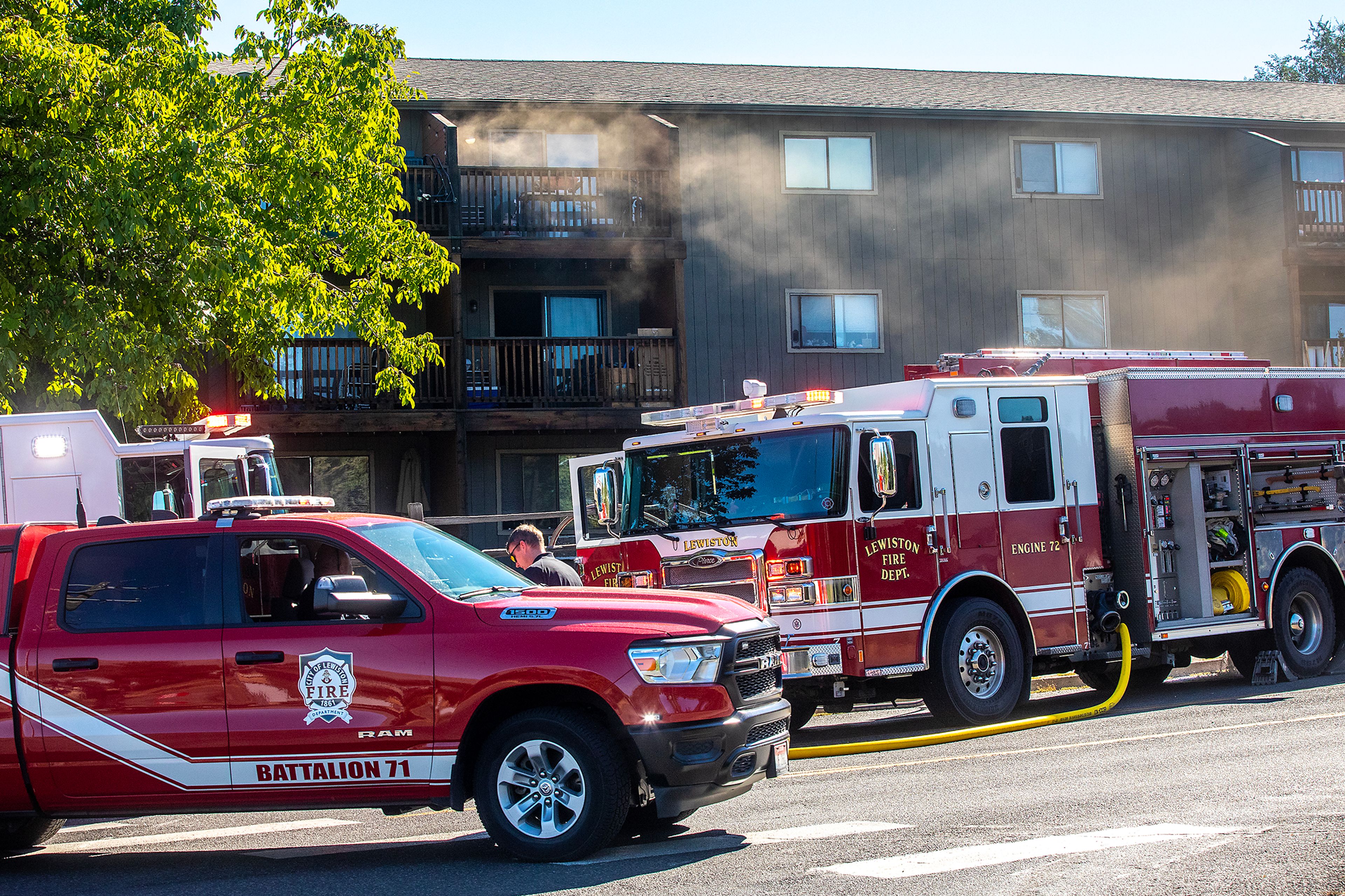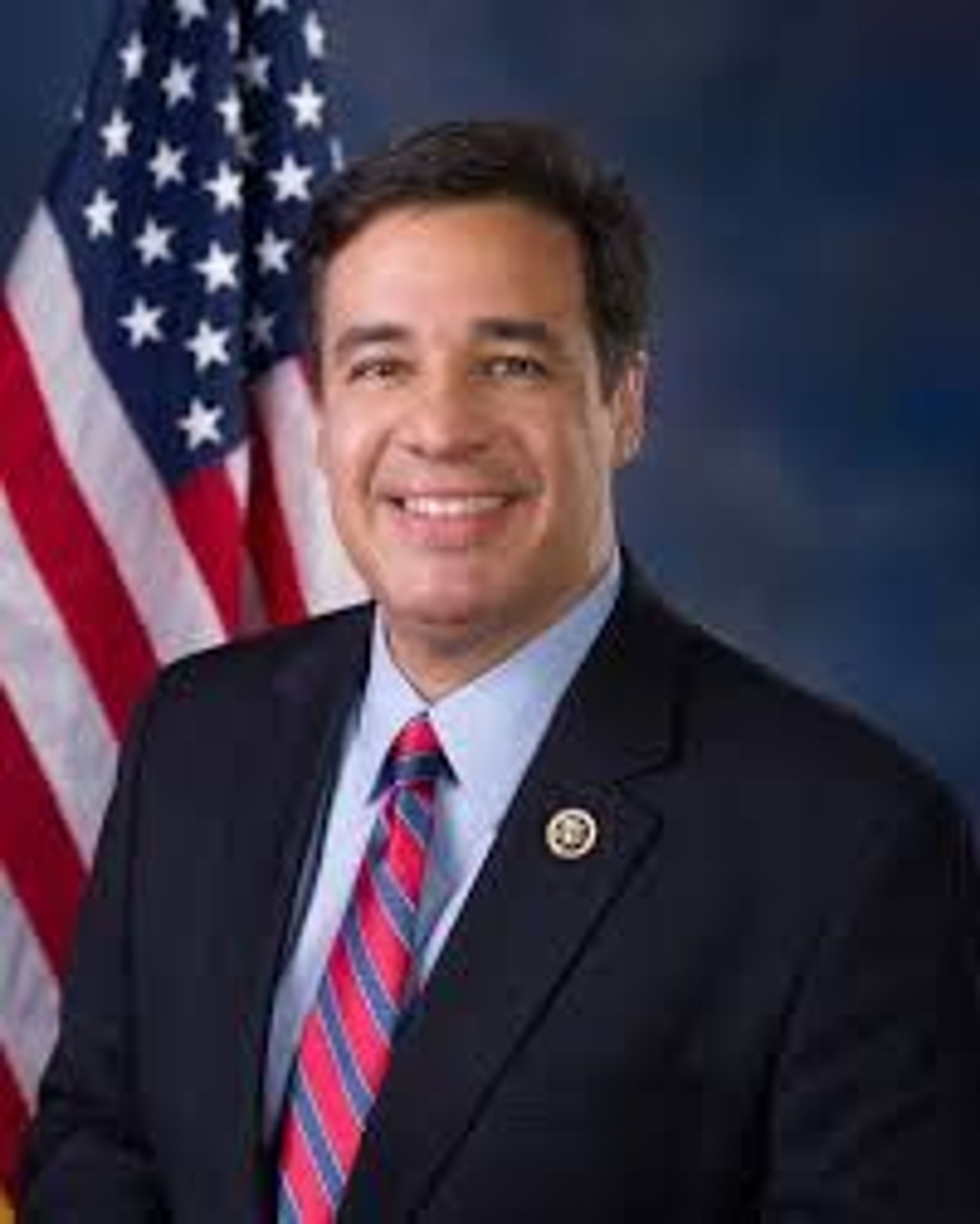Stories in this Regional News Roundup are excerpted from weekly newspapers from around the region. This is part two, with part one having appeared in Saturday’s Tribune.
———
CASCADE, Idaho — The Cascade Medical Center will become a Rural Emergency Hospital, taking advantage of a federal program that will add between $500,000 to $1.3 million in revenue per year.
In exchange for the federal funding, the hospital will no longer have licensed inpatient beds, but will still be able to care for patients staying for one or two nights under “observation” if not requiring a higher level of care.
The change was unanimously approved by trustees in attendance at Tuesday’s Cascade Medical Center Board of Trustees meeting. Trustees Mike Drury and Dr. David Croshaw were not in attendance.
CMC chief executive officer Tom Reinhardt reported to the board that 28 hospitals across the country have transitioned to the Rural Emergency Hospital designation, and have benefited from the change.
“Everyone has been pleased with the experience,” he said. “The financial outcome was as good or better than they expected.
“Our hospital, given our very low inpatient volumes, is ideally suited to this model,” he said.
Over the past decade, the CMC has averaged 26 inpatients per year, though only about a half of them would be affected by this change.
About one inpatient per month would need to be transferred to another hospital in McCall, Boise or elsewhere.
Most people will not even notice that the conversion happened, Reinhardt reported.
There is a lot that happens behind the scenes in terms of the hospital being reimbursed for Medicaid expenses from the federal government, but the hospital, the Cascade Clinic and the Donnelly clinic will operate as usual, he said.
The CMC, at 402 Lake Cascade Parkway, has operated as a Critical Access Hospital since 2000, providing inpatient care, emergency care and an outpatient clinic, among other services
The Rural Emergency Hospital designation was created in 2022 to prevent Critical Access Hospitals like the CMC from closing.
The CMC is not on the verge of closing, but would still benefit financially from the switch.
The CMC was the first hospital in Idaho to approve the change.
The district’s finance, quality and strategic planning committees each met to consider how the change would affect the hospital. Each committee decided it was the best course of action.
Converting from a Critical Access Hospital to a Rural Emergency Hospital requires approval from the Idaho Department of Health and Welfare. The state must also work with the Centers for Medicare and Medicaid Services at the federal level to approve the change.
Hospital administrators will now work with state and federal agencies to develop a conversion plan.
A final date for when that change will be made was not decided at Tuesday’s meeting.
The CMC would receive about $3.3 million in additional federal funding each year. Because of the way many medical services are billed, the center would expect to see a net increase of between $500,000 to $1.3 million per year, Reinhardt said.
The increase in revenue could be spent on facility and equipment improvements, but the additional funding would not be enough to construct a new facility.
Voters twice rejected bond measures to fund the construction of a 32,000-square-foot replacement for the Cascade Medical Center.
Votes failed in May 2022 for a $19 million bond May 2023 and up to $40 million.
— Max Silverson, The Star-News (McCall), Thursday
Harmful materials policy being updated
GRANGEVILLE — A grab bag of topics — from updated library policy on harmful materials, cybersecurity and waste collection — were heard and discussed at the May 20 Grangeville City Council meeting.
As part of the Grangeville Centennial Library quarterly report to the Council, city co-librarians Gina Sobrero and Heidi Brown reviewed their work both completed and underway as regards a new state law to go into effect in two months regarding materials harmful to minors.
“We’re working on a new policy for relocation of materials harmful to minors,” Sobrero said.
Brown later added, “We’ve already moved books over the last couple of months and made a new section called New Adult,” which is for those ages 18 and older. The current Young Adult section remains open to kids of all ages.
Mayor Wes Lester asked whether books of potential concern are being moved ahead of a relocation requests, or waiting on people asking them to be moved.
“Even if they ask to have them to be moved, they still have to go through a procedure like they do now,” Brown said. “Just because they asked for them to be moved, it doesn’t mean they’re going to be moved. It’s not an automatic.”
Library staff members are working on a related policy update — in conjunction with city attorney, Matt Jessup — to be presented at its next board meeting, and they have met with other library directors for guidance, as well as looking to the city of Boise Library for guidelines on how it is complying with the pending new law.
Questioned by councilor Wyatt Perry on whether staff could make new sections on its own, both Sobrero and Brown explained no library bylaws require sections be established, but rather these are made for patrons’ convenience in finding materials.
“We can always make a new section,” Sobrero said, “but we don’t really have a ton of room to make an ‘adult only’ room. We’d have to lose a section of books to make that move.”
In a separate report, police chief Joe Newman summarized a recent Homeland Security cybersecurity conference he attended in Boise.
“This was not the preventative stuff — don’t fall for phishing attacks and bad emails — but what to do after the cyberattack happens, if you get malware or ransomware in the system,” he said, adding that water and sewer plants are a “huge target” for nations like Iran, Russia and China.
Newman has reached out to ICRMP (Idaho Counties Risk Management Plan) to find available plans to address such attacks.
“This is something we’ll want to look at from a city perspective on how to protect ourselves on the back end,” he said.
In other business:
• Grangeville High School students David Goicoa and J.T. Jackson requested use of Lions Park on July 6 for a softball tournament as a fundraiser for GHS baseball.
Open to high school ages and up, the event will run all day and include concessions. Entry fee is $150 per team, with at least eight teams expected.
• “This is one of the bigger cleanups that we’ve had in a long time,” said public works director Bob Mager, regarding the recent May 13-17 citywide cleanup, an annual free event to help citizens clean properties of junk and debris in time for summer. City administrator Tonya Kennedy noted city crews picked up a total 13,390 pounds of debris for disposal.
• Council discussed a new Walco Inc. procedure that started in May for yard waste to be put out and collected the same day as household garbage, with both collected within the same truck, whereas prior it was collected separately. Councilors noted some community members are questioning why, with councilor Amy Farris stating Walco needs to put out a clarification on their process, “because quite a few people are grousing about it.”
Further, it was clarified that despite the common collection, as per Walco, only yard waste can be put in the tote marked as such; however, yard waste and garbage can be put in the regular tote.
— David Rauzi, Idaho County Free Press (Grangeville), Wednesday









